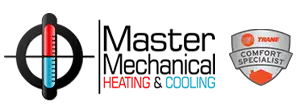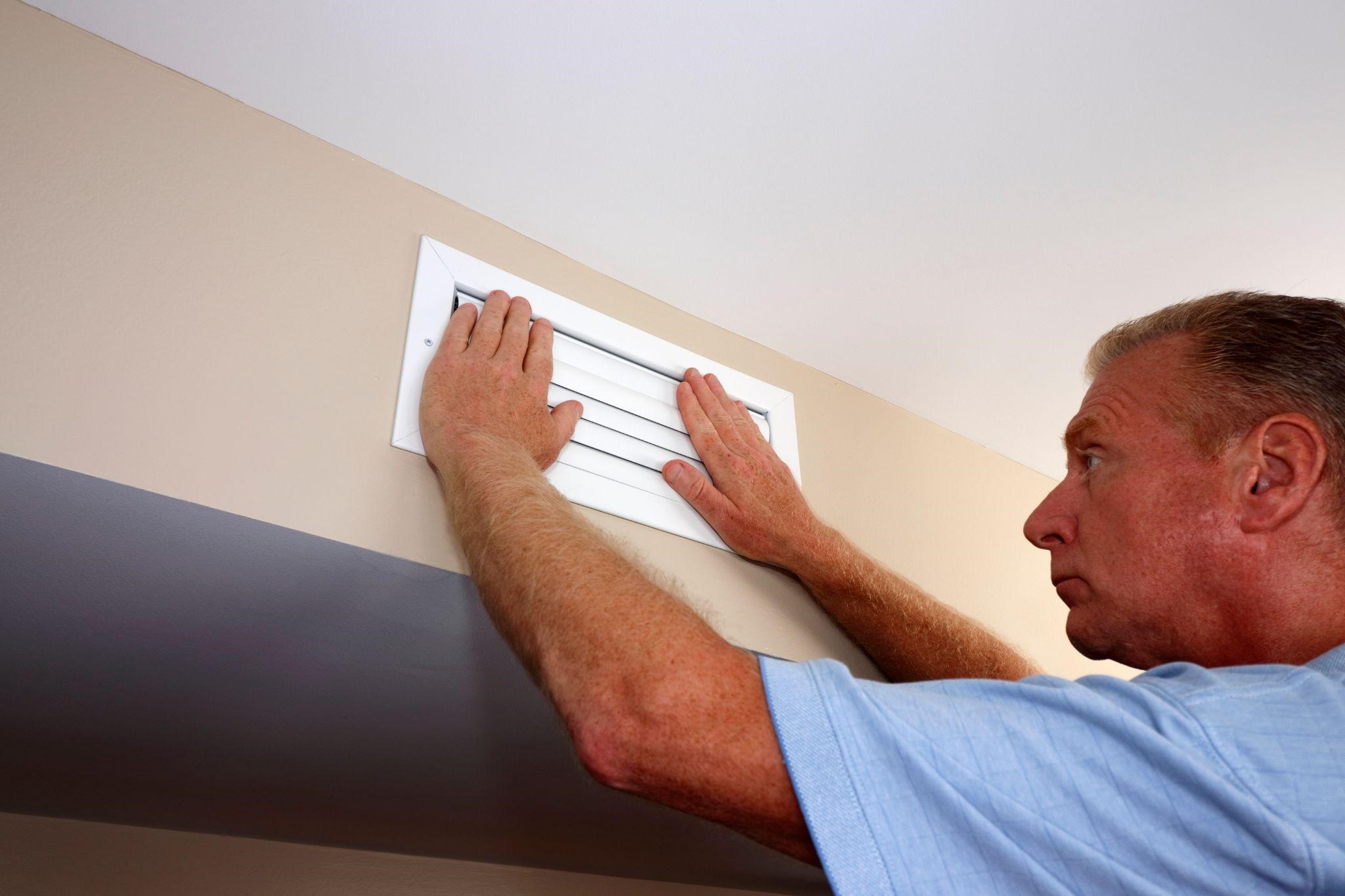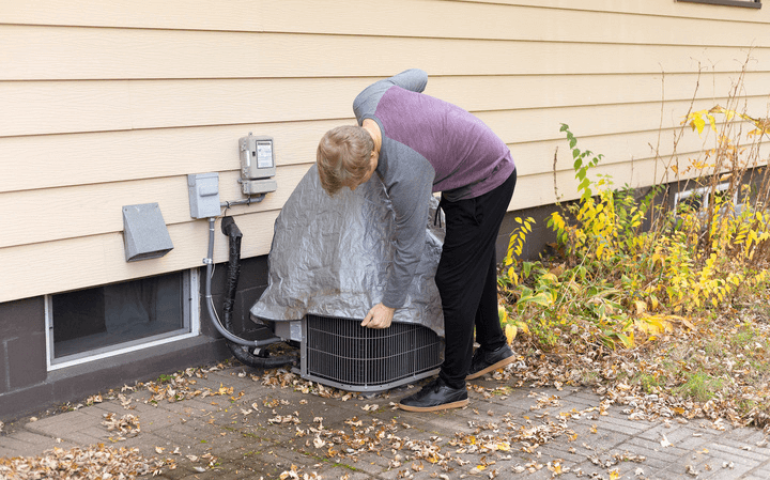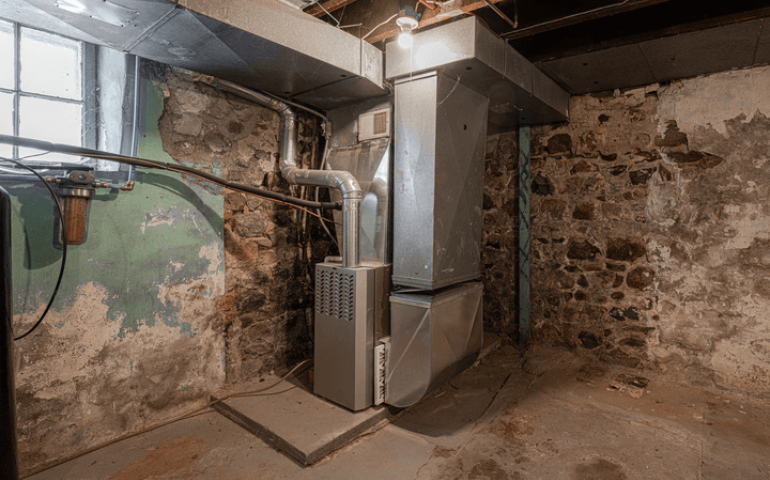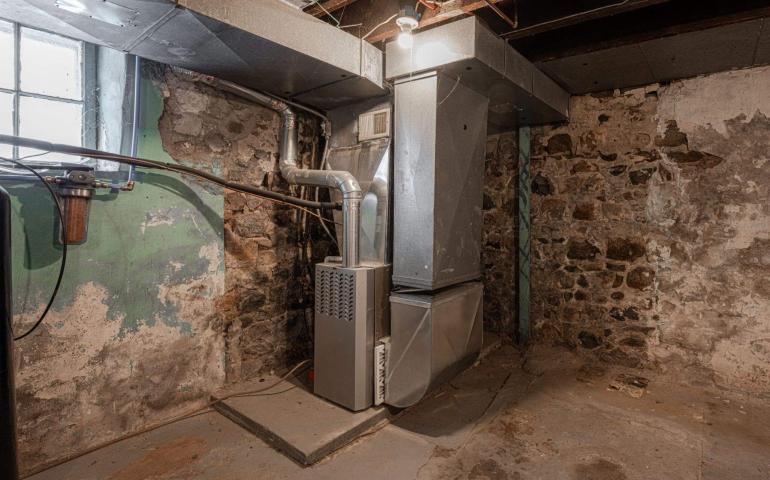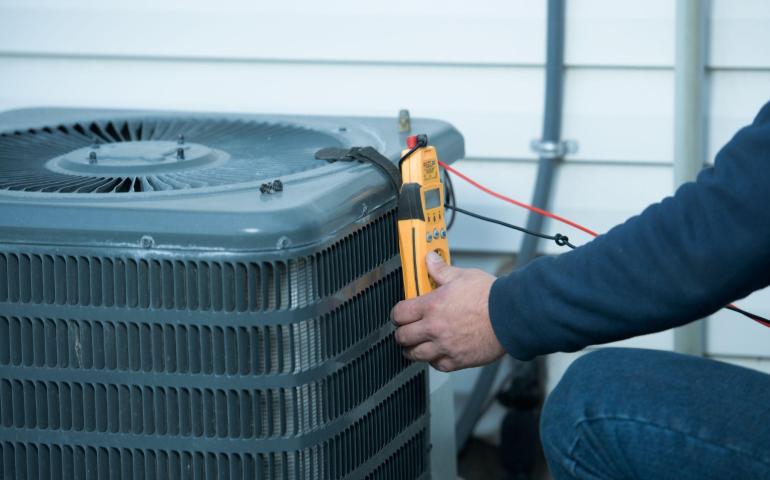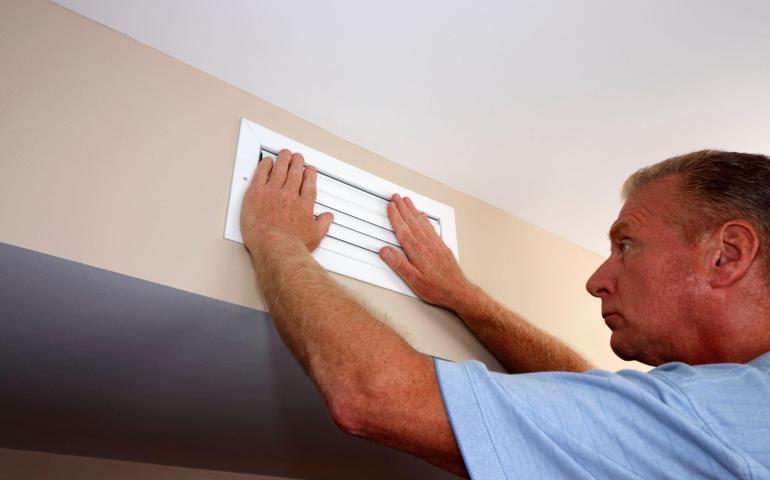Many homeowners believe that closing vents in unused rooms will improve airflow in their homes while conserving energy. But is this really the best thing for your HVAC system? Understanding how air is distributed throughout your home gives you a clear picture of the role your air vents play in keeping your home comfortable and whether or not closing air vents results in better airflow.
But does closing air vents help cool other rooms? Is it causing more harm than good?
The Role of Air Vents in Your HVAC System
Your air vents allow air to enter and play a key role in distributing air evenly throughout your home.
Your ductwork and vents are designed to work together. Closing vents in parts of your home changes the airflow and pressure within your ducts, which can lead to unexpected consequences. Your HVAC system relies on unobstructed air vents to keep a consistent airflow.
Do Closed Vents Help Airflow?
You might think that closing vents in unused rooms saves energy and redirects air to the spaces you use more often. However, closing vents often does not help airflow and can even cause problems with your HVAC system.
What Happens When You Close Air Vents?
When you close some of your air vents, you restrict airflow in those areas of your home, which increases pressure in your duct system. Closing vents can actually make your system less effective. This can cause some rooms to be hotter or colder than other areas of your home. This added pressure forces your HVAC system to work harder, which can lead to issues such as:
- Straining the blower motor
- Creating leaks in your ductwork
- Reducing overall system efficiency
- Uneven heating or cooling in your home
Does Closing Air Vents Help Cool Other Rooms?
Many people close vents hoping this will force more cool air from unused areas to the rooms they’re actively using. Unfortunately, this usually does not help cool other rooms effectively. Because of the increased pressure and disrupted airflow, your system can’t redistribute air as efficiently as you might expect.
When Is It Okay to Close Vents?
While closing vents is generally not recommended, there are a few situations where it might be acceptable. For example, if you have a guest room, home office, or storage space that you rarely use, you might close the vent a little. This can help reduce airflow to that area. The key here is not to seal off rooms completely.
If you do choose to close vents, there are some best practices you should follow:
- Limit the number of closed vents: Only close one or two vents at a time, especially in a smaller home.
- Don’t seal vents completely: Leave them partially open to allow some airflow. Fully closed vents can cause excess pressure in your ductwork.
- Monitor temperature balance: Keep an eye on whether other rooms are becoming harder to cool or heat. This could be a sign of imbalanced air flow.
- Avoid closing vents in humid climates: Limiting airflow in some rooms can cause poor air circulation and moisture buildup, which increases the risk of mold or mildew.
- Use alternatives when possible: Keep the doors closed in rooms you don’t use often. Use insulating window treatments or weather-stripping. This can improve energy efficiency without affecting your HVAC system.
Better Ways to Improve Airflow and Energy Efficiency in Your Home
If you're trying to redirect airflow or improve comfort in specific areas of your home, it’s better to talk with a professional about your options.
- Regular HVAC maintenance, like changing filters and cleaning ducts, keeps airflow steady and your system efficient.
- An HVAC expert can add dampers in your ductwork to optimize airflow throughout your home.
- Upgrading your thermostat or installing a zoning system lets you control temperatures in specific rooms without shutting vents.
- Sealing and insulating your air ducts helps prevent air leaks and improve system efficiency and comfort.
These solutions are safer, more effective, and designed to work with your HVAC system, not against it.
Get Increased HVAC Efficiency with Master Mechanical
If you’re thinking about adjusting vents to manage airflow or save energy, it’s worth getting a professional opinion first. If you have uneven temperatures, high energy bills, or want your HVAC system to work better, our team can help. Our team will assess your system and suggest the proper steps to take, without risking any damage.
The team at Master Mechanical can help you decide if a zoned system or other HVAC solution is best for keeping all areas of your home comfortable year-round.
